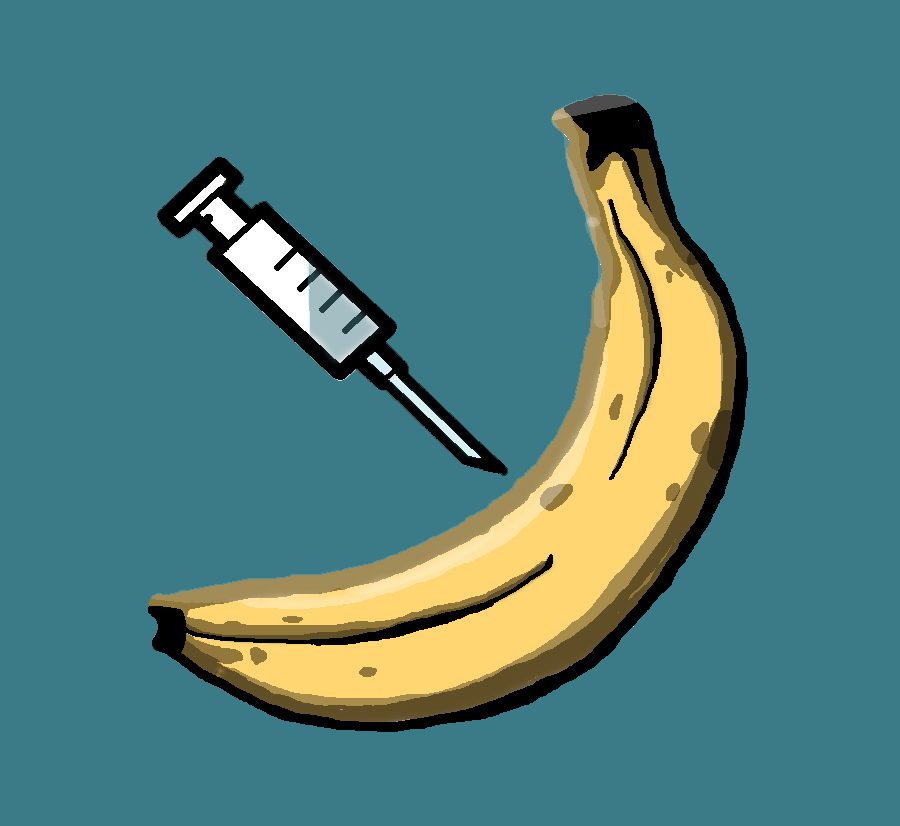Over the past few decades, the food industry has changed drastically. Everything is made to last, which has its definite pros and cons. While it’s great to be able to have food easily available to you and have it last for a long time, people are often unaware of what they’re actually eating. According to the University of Maryland Medical Center, genetically modified foods, or GM foods, are foods that have had their DNA changed using genes from other plants or animals.
GMOs were first popularized in the nineties when the Flavr Savr tomato was created. The Flavr Savr promised an improved taste and a longer period of freshness. After the modified tomatoes, genetically altered corn, and potatoes, practically anything you can buy at a grocery store had been genetically transformed in some way. The idea of putting nutrition in your body that has modified DNA is quite frightening. As humans, we have been able to survive years without GM foods, so why do we think we need them now? Both farmers and people running factories alike are of the opinion that GM foods can save them time and money. The consumers are often unaware of what genetically modified foods are or the fact that they are in the foods they’re consuming.
According to Arjun Walia, a writer at collective evolution, scientists have no idea what the long-term effects of GMOs in food are. Since GMO’s have only recently been incorporated into foods, no one truly has the knowledge of what can happen after ingesting them for many years. I can’t help but feel that the busy stop-and-go lives of Americans has caused us to overlook what we’re really putting in our bodies and has led to a normalization of GM foods, causing people to forget how potentially harmful the food items are.
Another student at Westside that stands for a slightly different viewpoint on this issue is ninth grader Brendan Pennington.
“I think that GMOs are best used when there’s a legitimate reason. I think that if you can make food healthier or last longer then it will have a positive effect on society, but if it’s little stuff like apples that don’t turn brown then that’s getting a little out of control.” said Pennington, “I don’t really see anything wrong with them if they improve people’s lives and if there aren’t any environmental issues that follow. They should for sure be regulated to make sure things don’t get out of hand.” While I disagree, I do see eye-to-eye with Pennington on the fact that GM foods certainly need to be monitored to ensure that there aren’t any substantial problems with them.
I think that society should be more aware of what they’re truly investing in when they buy GM foods. Question what’s in your fridge and your pantry, don’t comply with the standard that GMOs have turned into. As a society, we shouldn’t let the desire for convenience negatively affect our need for real nutrients.
story by natalie gill, graphic by will larson








